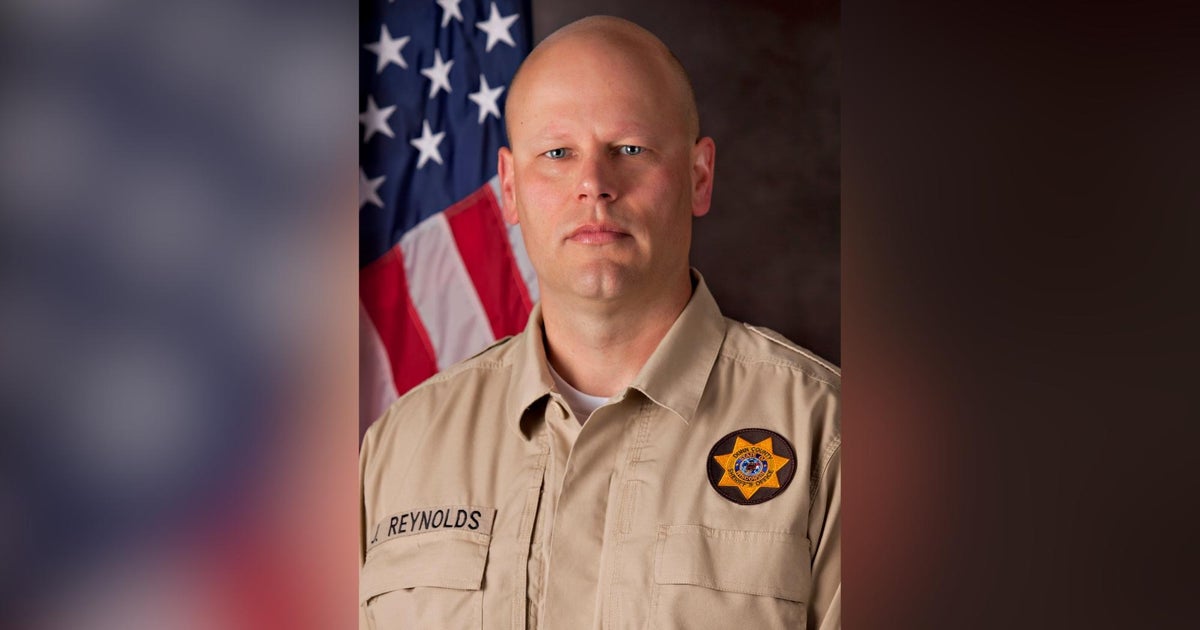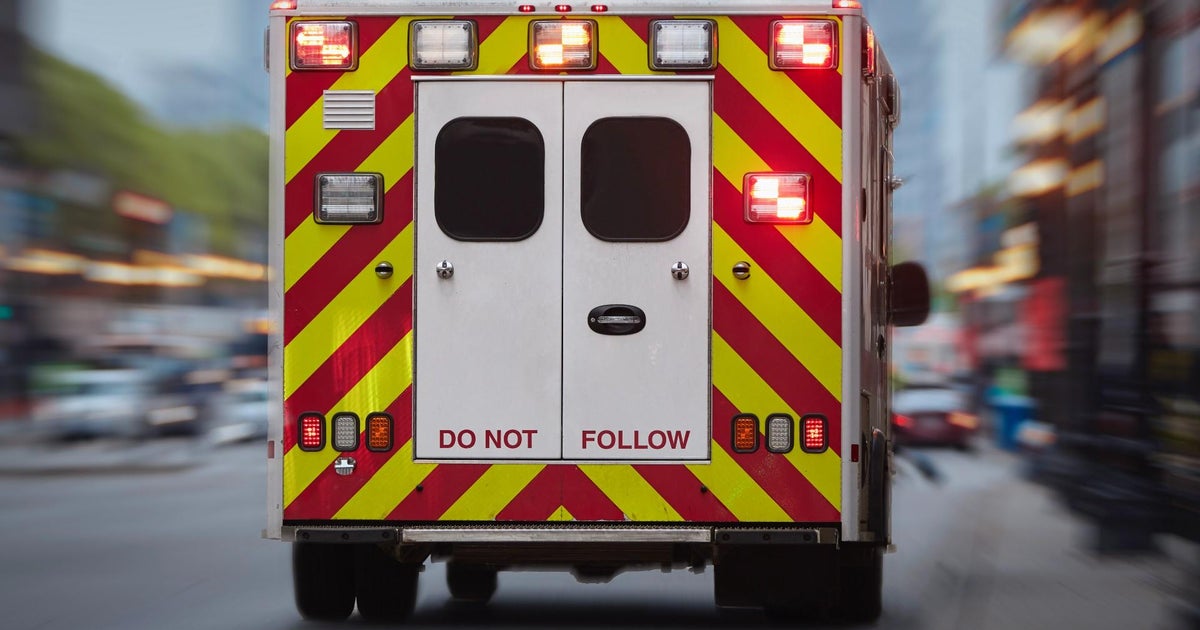Wisconsin
Wisconsin women’s hockey tied for top spot in Preseason Coaches’ Poll
/cloudfront-us-east-1.images.arcpublishing.com/gray/NHWTBZIGEBBUDBYDULTRCDCNRI.jpg)
MADISON, Wis. (WMTV) – The defending National Champions, Wisconsin women’ hockey, is tied with Ohio State for no. 1 in the WCHA Preseason Coaches’ Poll.
The Badgers and Buckeyes met last year in the National Championship.
| Ranking | Team |
|---|---|
| T1. | Wisconsin Ohio State |
| 3. | Minnesota |
| 4. | Minnesota-Duluth |
| 5. | St. Cloud State |
| T6. | Minnesota State St. Thomas |
| 8. | Bemidji State |
Sophomore defense Caroline Harvey was named the WCHA Preseason Player of the Year, while sophomore forward Kirsten Simms, and senior forward Casey O’Brien were named to the Preseason All-WCHA Team. Forwards Britta Curl and Lacey Eden also received votes for the Preseason Team.
The Badgers open the 2023 season on September 28 on the road at Lindenwood.
Click here to download the NBC15 News app or our NBC15 First Alert weather app.
Copyright 2023 WMTV. All rights reserved.

Wisconsin
Western Wisconsin corrections officer killed by drunk driver, sheriff’s office says

MINNEAPOLIS — Authorities in western Wisconsin say a correctional officer died after a suspected drunk driver struck his vehicle on the morning of Christmas Eve.
The Dunn County Sheriff’s Office says Jeff Reynolds was driving westbound on U.S. Highway 29 around 2:44 a.m. on Tuesday when a driver in a northbound vehicle failed to stop at a stop sign on County Highway E, striking Reynolds’s vehicle.
Reynolds had been on his way to fill in a shift at the county jail at the time of the accident.
The suspected drunk driver, a 40-year-old man from Eau Claire, has been charged with homicide by intoxicated use of a vehicle, the sheriff’s office says. He had his first court appearance on Thursday, where the judge set a $75,000 bond.
Three other people, including the suspect’s wife, were also injured in the crash.
The Dunn County Sheriff’s Office says Reynolds began his career there in 2007 and will be greatly missed.
The crash is under investigation by the Wisconsin State Patrol.
Wisconsin
Better Know A Badger – 2025 three-star linebacker Cooper Catalano

Better Know A Badger – 2025 three-star linebacker Cooper Catalano
MADISON, Wis. – It turned out that Luke Fickell had no reason to worry.
The University of Wisconsin head coach was hopeful that the results on the field wouldn’t cause members of his highly ranked third recruiting class to start rethinking their commitment or, worse yet, reopen their decision-making process entirely.
From the time the Badgers’ 2024 season ended without a bowl game for the first time in 23 years to the first day of the early signing period, Wisconsin’s staff only saw one prospect de-commit. Twenty-three kids signed paperwork to join Fickell’s program, a class that ranks 20th in the Rivals.com rankings with 10 four-star recruits from eight different states.
“To see guys not waver,” Fickell said. “That faith and belief that the games and what you see on Saturday isn’t everything. For those guys to hold with us and believe in us … relationships, trust, and belief in this process still win out.”
Adding to the depth in the middle of the defense, we look at the signing of Mukwonago (Wis.) High linebacker Cooper Catalano and how his addition improves the program.
Stats
Named the Wisconsin large school defensive player of the year in 2024, Catalano totaled 178 tackles, nine TFLs, three forced fumbles, and three interceptions. He finished his career with 583 tackles, obliterating the previous state record of 462 career tackles. A three-time conference defensive player of the year, Catalano earned all-conference honors during all four seasons of high school.
“The season was really successful,” Catalano said. “We had a young team my junior year. We had almost everybody returning except one of our receivers, so we had 21 players returning. To see the growth of everybody throughout the offseason was really cool. Everybody really bought in to what our coaches were preaching throughout the year. We had our leadership group that worked really hard throughout the winter and summer, and it showed throughout the season. It was a really fun right, even though it didn’t end how we wanted.
“I improved in my game is playing more in space and trusting my instincts. I was less technical in the way I looked at football and just playing loose and having fun out there … Breaking the tackle record was a really cool thing, but that takes a whole team, a great game plan, a great defensive line all four years. It’s a team effort, but that’s something that stood out to me that I’m very proud of. It’s something I’ll hold onto for a long time.”
Recruiting Competition
The third commitment in Wisconsin’s 2025 class, Catalano had offers from Illinois, Iowa State, Kansas, Michigan State, Minnesota, Missouri, Northwestern, and Stanford.
“It’s been really quiet ever since I committed,” Catalano said. “I was able to reach out to all the programs that offered me a scholarship, get on the phone with most of them to let them know how much it meant to me that they reached out but ultimately my decision was in Madison. I am happy I went about it that way.”
Recruiting Story
Wisconsin
This Tiny Cottage Rental in a Wisconsin State Park Is the Smallest Home Designed by Frank Lloyd Wright
:max_bytes(150000):strip_icc()/TAL-seth-peterson-cottage-frank-lloyd-wright-SMALLFLW1224-3cf99c2c31164582a41a2dcd8e2bd491.jpg)
From his first Great Plains-inspired, Prairie-style buildings to the quiet serenity of Fallingwater, Frank Lloyd Wright defined American architecture during his seven-decade-long career with his innovative designs. Throughout his lifetime, Wright created 1,114 architectural works, 532 of which were actually constructed.
One of the least known — and the most petite among all of his structures — just might offer the most intimate experience for casual visitors and super-fans alike. The Seth Peterson Cottage, located within Mirror Lake State Park, clocks in at just 880 square feet.
And though it may be small, it’s one of the best examples of Wright’s Usonian houses, a style design intended for middle-class families that offered practical, affordable, yet still beautiful homes. But what makes the Seth Peterson Cottage even more unique among Wright’s works is that it was the first — and now one of the few — homes that are available as a vacation rental.
“Serene and energetic, the little cottage perched high above Mirror Lake is muscularly geometric, seeming at once to hug the earth and burst forth from it,” the Frank Lloyd Wright Foundation says on its site.
The one-bedroom cottage sits on a wooded hill, flanked by a small wall made of local sandstone, and features some of Wright’s signature trademarks such as picture windows, a cantilevered roof, and a large, centrally located chimney,
“The flagstones used to pave the outside terrace continue inside the building as the cottage floor, manifesting Wright’s philosophy of making little distinction between the outside and inside worlds in which we live,” the Seth Peterson Cottage Conservancy says on its site.
The home was commissioned by Peterson, who was a huge fan of Wright. He applied to join Wright’s Taliesin Fellowship (an architectural school founded by the architect and his wife, Olgivanna) but was rejected. Then, he tried to commission Wright to build a home for him several times but was also denied. Finally, Peterson sent $1,000 to Wright (who promptly spent the money) as a retainer — and having burned through the cash, Wright had no choice but to accept the commission. Unfortunately, Peterson did not have enough financial reserves to complete the project and even tried to keep construction costs down by doing some of the work himself.
The building was still in progress at the time of Wright’s 1959 death, and Peterson died by suicide shortly before it was completed in 1960. And though the State of Wisconsin bought the property six years later, it sat abandoned for several years. In 1989, local volunteers formed the Seth Peterson Cottage Conservancy to restore the architectural gem — and to rent it out.
Over the course of its existence, the tiny home has hosted more than 10,000 guests from around the globe. The cottage sleeps two people and is equipped with an additional fold-out couch for another two guests. There’s also a galley kitchen stocked with all the essentials, and, if you prefer to dine al fresco, there’s an outdoor barbecue area with a grill.
The cottage’s quiet location is perfect for taking in the pastoral Wisconsin countryside — after all, Wright hoped that his designs would inspire residents and visitors alike to feel more connected with their natural surroundings. A canoe, paddles, and life preserves are included with the rental, as is a healthy supply of firewood. Popular activities in the area include hiking, biking, boating, fishing, swimming, and golfing. If you visit in the winter, snowmobiling and cross-country skiing opportunities are plentiful.
Cottage rentals go for $325 per night year-round, with an additional $30 handling fee per reservation. There’s a two-night minimum, and reservations can be made through Sand County Vacation Rentals up to two years in advance, though they book up quickly.
But for those who would prefer to simply stop for a visit, the Seth Peterson Cottage is open for tours the first Sunday of every month from 1 p.m. to 4 p.m., with the final tour beginning at 3:30 p.m. Tours cost $5 per person, though children 12 and under can get in for free.
-
/cdn.vox-cdn.com/uploads/chorus_asset/file/24924653/236780_Google_AntiTrust_Trial_Custom_Art_CVirginia__0003_1.png)
/cdn.vox-cdn.com/uploads/chorus_asset/file/24924653/236780_Google_AntiTrust_Trial_Custom_Art_CVirginia__0003_1.png) Technology6 days ago
Technology6 days agoGoogle’s counteroffer to the government trying to break it up is unbundling Android apps
-

 News1 week ago
News1 week agoNovo Nordisk shares tumble as weight-loss drug trial data disappoints
-

 Politics1 week ago
Politics1 week agoIllegal immigrant sexually abused child in the U.S. after being removed from the country five times
-

 Entertainment1 week ago
Entertainment1 week ago'It's a little holiday gift': Inside the Weeknd's free Santa Monica show for his biggest fans
-

 Lifestyle1 week ago
Lifestyle1 week agoThink you can't dance? Get up and try these tips in our comic. We dare you!
-
/cdn.vox-cdn.com/uploads/chorus_asset/file/25672934/Metaphor_Key_Art_Horizontal.png)
/cdn.vox-cdn.com/uploads/chorus_asset/file/25672934/Metaphor_Key_Art_Horizontal.png) Technology3 days ago
Technology3 days agoThere’s a reason Metaphor: ReFantanzio’s battle music sounds as cool as it does
-

 Technology1 week ago
Technology1 week agoFox News AI Newsletter: OpenAI responds to Elon Musk's lawsuit
-

 News4 days ago
News4 days agoFrance’s new premier selects Eric Lombard as finance minister
















